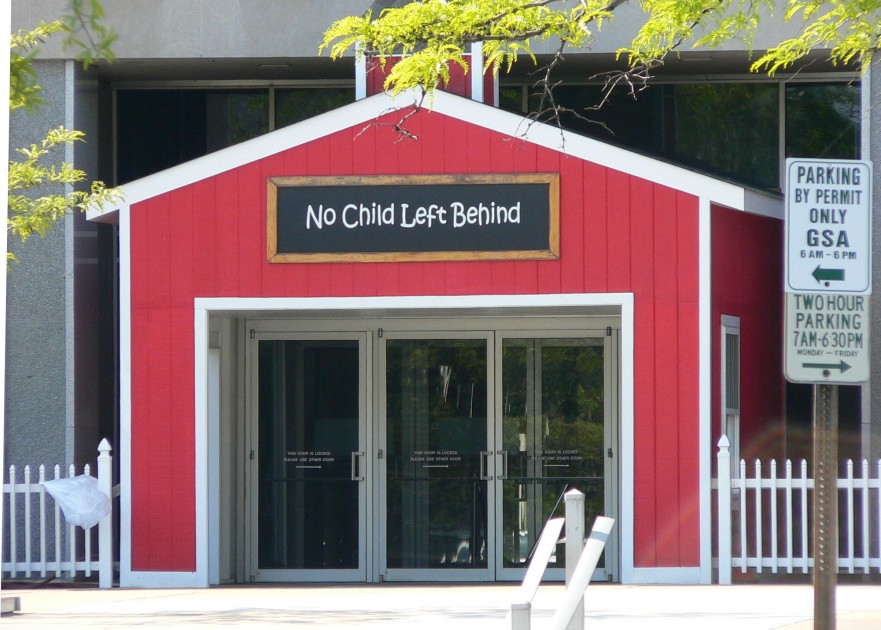Betsy DeVos is on track to be President Trump’s least popular cabinet member, with an approval rating of 28%. Many of her decisions have been controversial, ranging from sending a higher percentage of coronavirus relief funds to private schools to walking back Title IX protections on college campuses to repealing student loan forgiveness for students attending colleges accused of predatory practices. In addition, she has openly supported the rapid expansion of school choice and is not seen as a public education supporter.
A common call has been for a teacher to replace DeVos as the next Secretary of Education. Statements about the importance of a teacher leading the US Department of Education are common. Many feel that the US Department of Education is out of touch with the needs of education from preschool through college.
Public education has its roots in the American Founding. Thomas Jefferson established the University of Virginia while Vice President of the United States, focusing on liberal arts and sciences. James Madison impressed on the importance of public education in the new republic by stating, “Knowledge will forever govern ignorance: And a people who mean to be their own Governors, must arm themselves with the power which knowledge gives.” Horace Mann, who gave rise to the American common school movement, noted, “Education then, beyond all other devices of human origin, is the great equalizer of the conditions of men, the balance-wheel of the social machinery.”
Although public education is a cornerstone of American democratic ideals, the idea of a national vision of what that education should look like is still controversial since education is not specifically mentioned in the Constitution. The US Department of Education has only existed since 1980, and since that time, very few of the appointments to Secretary of Education have been educators.
Jimmy Carter created the Department of Education and nominated Shirley Hufstedler as the first Secretary of Education. She was a Circuit Court judge at the time of her appointment. In fact, the vast majority of Secretaries of Education did not come from the educational community. Ronald Reagan nominated Terrel Bell, a high school teacher and bus driver before becoming a school superintendent. Rod Paige served under George W. Bush. He was a high school PE teacher and college football coach before leading Houston Independent School District. John King, who served under Barack Obama, was a social studies teacher and founded a charter school. Several other secretaries led at the university level or worked in an education support industry.
Although the Department of Education has only been in existence since 1980, very few of its leaders have had in-depth experience as public school classroom teachers or administrators. Whether we agree or disagree with the federal government’s entanglement in education, an educated citizenry is an essential component of a democratic country. And policies must exist that support the widespread education of young people. And for the federal government to have policy that makes sense and supports public schools’ mission, it is imperative to have an educator in office.
The experience of a classroom teacher is irreplaceable when informing policy about education. Lobbyists, consultants, and attorneys do not have the expertise to drive decision making about the nation’s schools. In education, we often see that everyone has an opinion about schools because of their experience as students or parents. Those experiences are not replacements for the experience of a practitioner.
Policy developed around the education of young people is so important that our country’s future depends on it. Educators should be leading the development of that policy, not beholden to a system that devalues them and devalues learning.
Moving forward, it is imperative that Presidents appoint teachers to this post. As voters, we should demand it.










Comments 1
As usual, I love this post! My favorite sentence is, “Those experiences are not replacements for the experience of a practitioner. ” We would never ask someone from outside the medical field to run the CDC or IHS. Yet in education, this is the norm. It’s counterproductive to the goals of education and negatively affects every corner of our society regardless if someone has a child in public education or not. Every kid in public school is affected by the DOE in some way. Putting a teacher into a position with this level of influence is imperative for the growth and development of our nation.